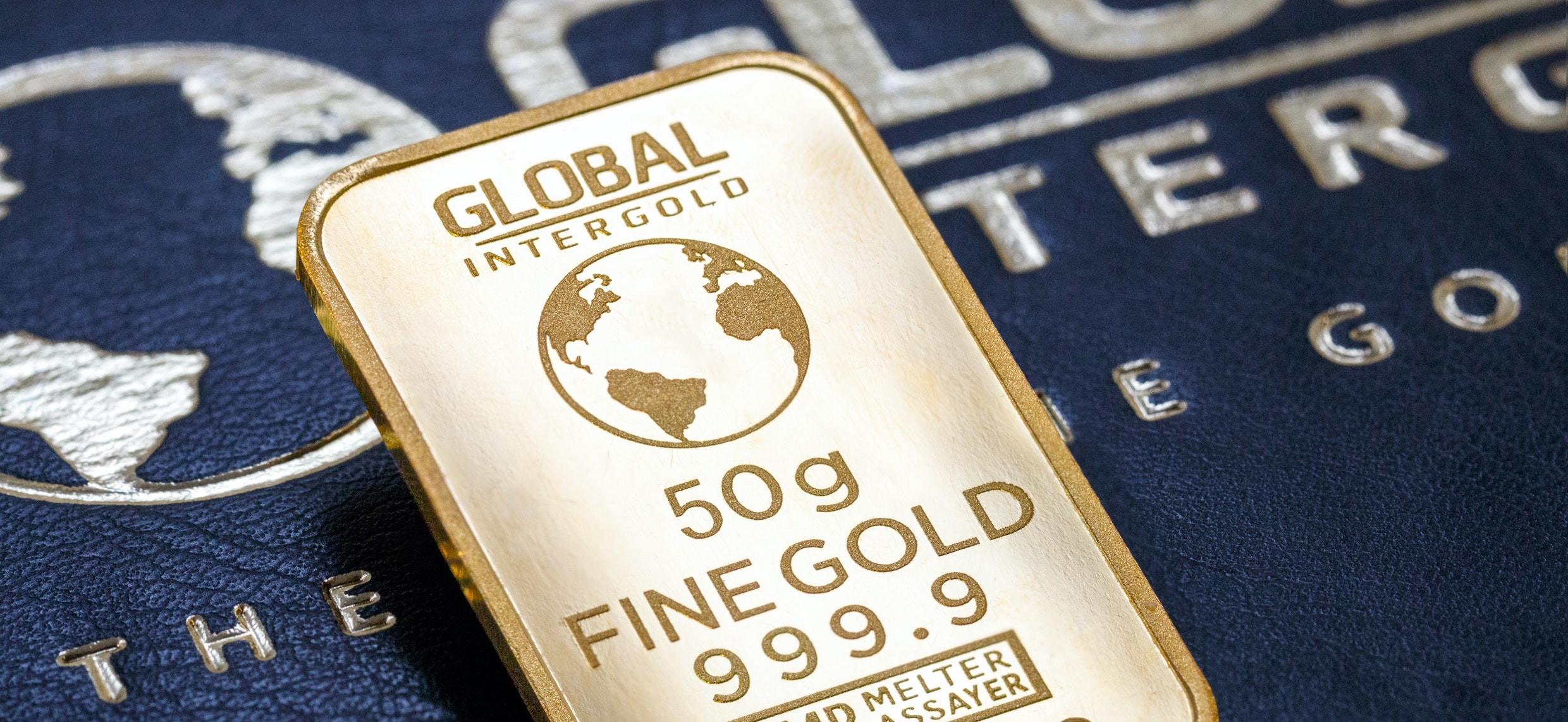Egypt’s government is drafting a legislative framework to regulate the burgeoning gold fund sector, Prime Minister Mostafa Madbouly announced on August 13, signaling a shift in how gold is viewed in Egypt.
Once seen primarily as a hedge against inflation or a form of jewelry, gold is now poised to evolve into a dynamic investment class within the country’s growing capital markets.
The proposed framework aims not only to regulate gold funds but also to establish internationally accredited gold refineries, positioning Cairo as a potential hub for both regional and global gold industries. This transformation is part of a broader vision to integrate gold into a modern investment ecosystem, enabling Egypt to attract international traders and investors who view gold as an opportunity rather than just a store of value.
The rise of Gold funds in Egypt
Gold funds, particularly mutual funds and exchange-traded funds (ETFs), have become an accessible gateway for investors looking to participate in the gold market. ETFs, for instance, are tradable on stock exchanges and offer a way to invest in gold without owning physical bullion, making the investment more liquid and easier to manage.
In Egypt, the appetite for this modern approach has surged. Since the launch of state-backed gold funds in May 2023, over 131,000 Egyptians have participated, with total subscriptions reaching EGP 925 million, according to Mohamed Farid Saleh, Chairman of the Financial Regulatory Authority (FRA), in a September 2024 statement to the Middle East News Agency (MENA).
The market currently features three pioneering gold funds: Azimut’s AZ Gold, Beltone Evolve Gold Investment Fund (Sabayek), and Al Ahly Financial Investment Management. These funds have lowered the barrier to entry by offering investment certificates starting at just EGP 10, which can be redeemed in cash or gold. For many retail investors, this marks the first opportunity to engage with the gold market without the hassle of physical storage, resale challenges, or concerns about purity.
Building market confidence
Despite the strong uptake, industry leaders caution that there are still hurdles to overcome before the market can fully mature. Randa Hamed, Managing Director at OKAZ Asset Management, emphasized the need for greater transparency, particularly regarding the pricing of physical gold, which currently varies between vendors. Hamed explained that the Egyptian Exchange is working on solving this issue by providing a clear and transparent gold pricing system on its platform:
“People can trust it more, especially foreigners… there will be a ticker with gold prices,” she said.
For both local and international investors, transparent and consistent pricing is critical to building trust in the market. It ensures that investors can make informed decisions and helps attract foreign capital. Hamed also highlighted that the exchange is planning further enhancements, including a partnership with NASDAQ to improve the trading system and facilitate the trading of financial instruments like derivatives, which are not yet available in Egypt. Such reforms could align the Egyptian market with global best practices, offering investors more options to diversify and hedge risk.
Strengthening legal, institutional framework
Regulation remains a cornerstone of Egypt’s strategy to expand its gold fund market. Ahmed Morshed, Investment Product Senior Manager at fintech firm MNT-Halan, outlined how the legal framework has evolved since the launch of Egypt’s first gold funds. The first law governing gold fund activities was passed in 2023, coinciding with the launch of Azimut’s AZ Gold fund.
“The value of the gold funds has recently surpassed EGP 2 billion, with the largest execution being in Azimut’s AZ Gold fund,” Morshed said.
Despite this growth, accessibility remains a key challenge. Morshed pointed out that gold funds are currently only available through trading apps, not through banks, which limits their reach. “For us to enter the gold funds in the banking sector, there will need to be a law governing these transactions,” he explained.
Egypt’s gold market sees significant daily capital flow—about EGP 1.2 billion—much of which happens through informal cash transactions. Bringing these transactions into the formal banking sector would not only increase transparency and traceability but also enhance liquidity. It would provide regulators with greater oversight and reassure international investors that Egypt’s market complies with global standards.
Global outlook
International gold prices are a crucial factor in Egypt’s gold market strategy. Morshed shared his outlook on price volatility, noting that while gold could potentially reach $3,700 to $4,000 per ounce, the local exchange rate will have a significant impact on how price fluctuations affect Egypt’s market.
However, Egypt’s long-term plans to become a gold hub may depend largely on its refining capabilities. Currently, Egypt operates just one refinery, but plans are in motion to build a new, fully Egyptian-owned facility in Shalatein. This facility could significantly reduce Egypt’s reliance on foreign processing and position the country as a recognized player in the global gold refining market.
“If we can achieve Responsible Jewellery Council (RJC) certification for Egyptian gold, it would open doors to partnerships with global jewelers and investors who prioritize ethical sourcing,” Morshed said. RJC certification, an international standard for responsible sourcing, would help Egypt enhance its global reputation and attract higher-value investments.
Toward a golden future
The Egyptian government’s ambitions for the gold market are bold, yet they are built on solid foundations: rising investor demand, international partnerships, and a willingness to modernize both the legal and financial systems. By improving transparency, advancing regulatory reforms, and boosting its industrial capacity, Egypt is positioning itself to become a regional powerhouse in both gold investment and production.
If successful, these initiatives will not only deepen financial inclusion at home—allowing ordinary Egyptians to invest securely in gold—but also place Cairo firmly on the global map of the gold economy. For a nation that has long been associated with gold, Egypt’s modern embrace of the precious metal could signal the beginning of a new golden age.




